The power in any country lies with the people – but only when they recognise it and exercise it, writes Catherine Deveney.
The current Netflix biopic, Bank of Dave, contains its fair share of enjoyable hokum, but is based on the true story of a self-made Burnley millionaire, Dave Fishwick, who started his own bank.
The film charts his battle with the financial establishment, which had not granted a new bank licence in over 150 years, and was not keen to end the elite’s governance of society’s finances.
How could Sir Somebody-Or-Other guarantee the probity of working class Dave, whose dodgy dealings would see him doing weird things like ploughing bank profits into community schemes? Safer, surely, to keep banking under the control of institutions like RBS, who, in 2011, reported losses of £2 billion, while giving staff bonuses of £785 million. A lot of bees and honey, as Cockney rhyming slang would put it – a useful lexicon when it comes to bankers.
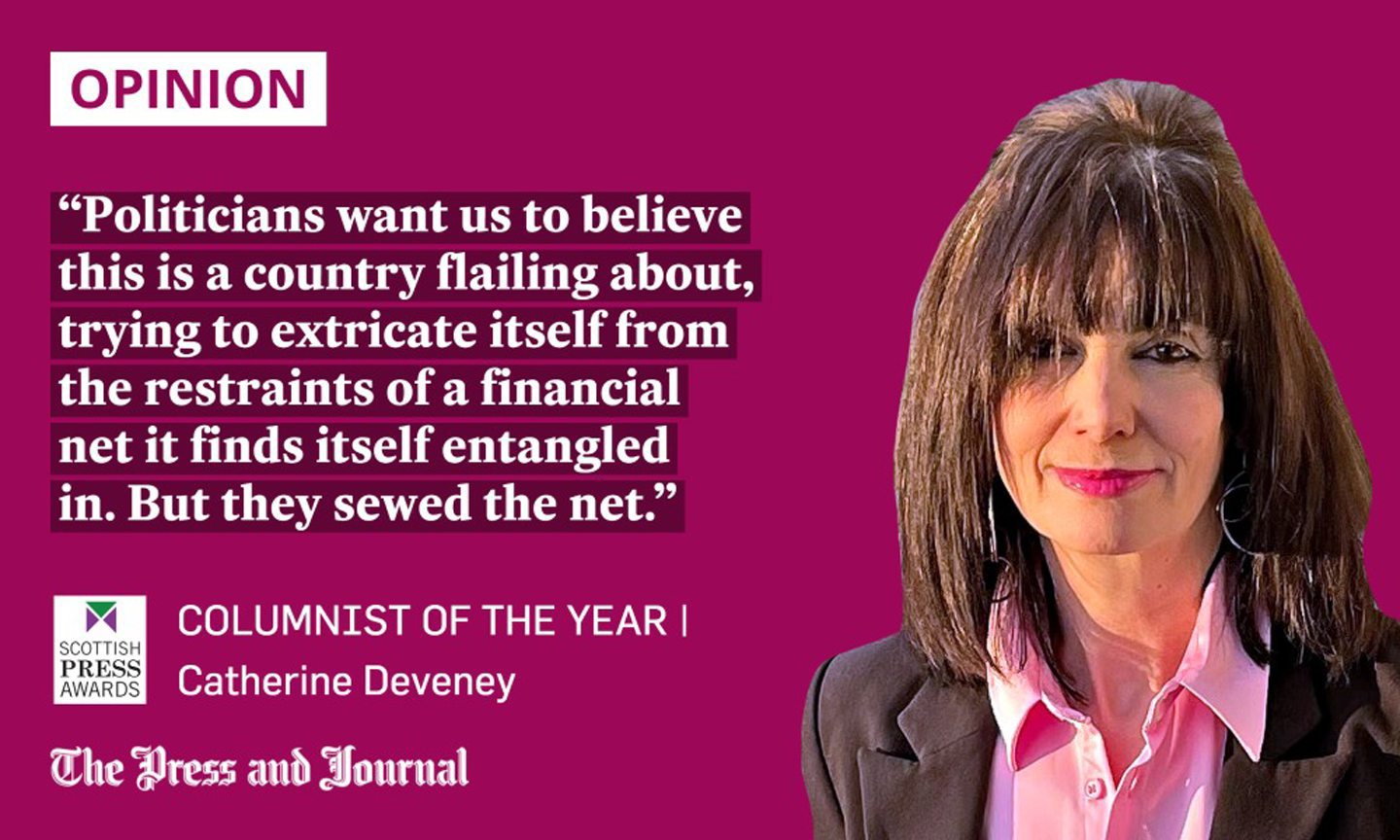
“Trust me, I’m posh,” looks on shaky ground these days, what with millionaire politicians evading their taxes, and former Oxbridge prime ministers, who sold the pup of Brexit to the British people, suggesting Ukraine needs to get itself into the EU pronto.
And billionaire oil companies doubling their profits in a year while the poor freeze, and British Gas breaking into the houses of those who can’t pay their energy bills to install prepayment meters with a higher unit price. “It’s not who we are,” bleated British Gas when caught – a plea that never works so well in courts, I’ve noticed, for housebreakers who don’t sport an official uniform.
As Dave, in a genuinely poignant speech to supporters near the end of the Netflix film, says: “Enough is enough.” He has just triumphed over the skulduggery of the financial authorities, but this is more than an isolated Dave over Goliath victory. It’s bigger than that. It’s a message. “We’re saying, enough of your greed. Enough of giving money to those who don’t need it and nowt to those who do. We’re saying there’s another way – a better way.”
Fishwick proves “ways” are not forever. Always done this way? So what? Go back to the drawing board.
We can indulge the rich or save the poor
As workers across the country strike for increased pay, it feels as though a groundswell of people in Britain agree and accept the need for change and challenge. The country is on the march. Ordinary people are on the march. About time, too.
“We can’t afford it,” claims the government, which becomes increasingly fiscally prudent when it comes to public servants. Apart, that is, from ministers themselves. They looked in the mirror and said: “I am worth a salary of £84,144.” So, what they actually mean, when it comes to other public workers, is that they don’t WANT to afford it. There’s a choice here.
Politicians want us to believe this is a country flailing about, trying to extricate itself from the restraints of a financial net it finds itself entangled in. But they sewed the net.
They made the political and social choices. Last week, it was announced that bankers’ pay has risen by three times the amount of nurses’. Their annual bonuses alone average £20,000. We can tolerate that or change it.
We can choose to prop up existing “ways”, or find new ways. We can choose to allow Shell and BP to profiteer on people’s misery, or tax them appropriately. We can choose to indulge the rich or save the poor.
People have more power than they think
Last week, Shell’s chairman, Wael Sawan, said he wanted Shell to be the “trusted partner of choice” for customers, governments and investors. As a demonstration of sheer chutzpah, it was hard to beat. If Shell is our chosen partner, we’re in an abusive relationship.
Dave Fishwick shows what can happen when you challenge the establishment
Asked how it felt to make such huge profits while people struggle with their bills, Sawan said: “These are incredibly difficult times. We’re seeing inflation rampant around the world.
“When I go back home to Lebanon, some of the challenges I see people going through, sometimes without electricity for a full day, are the challenges that we see in many, many parts of the world. The answer to that is to make sure we provide energy to the world.” Which answers precisely no part of the question he was asked.
Meanwhile, the less affluent RMT boss, Mick Lynch, gave an impassioned speech at a rally. “We will not be divided,” he said, “on the basis of who we work for. We will not be divided on the basis of our belief, or the colour of our skin, or the part of the country we are from. We refuse to be poor, and we are going to win for our people on our terms.”
Change on our terms. Dave Fishwick shows what can happen when you challenge the establishment. The power in any country lies with the people – but only when they recognise it and exercise it. For this is not about who the establishment are. It’s about who we allow them to be.
Catherine Deveney is an award-winning investigative journalist, novelist and television presenter, and Scottish Newspaper Columnist of the Year 2022
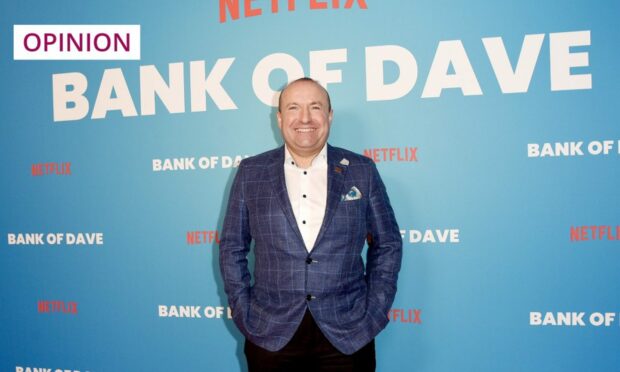
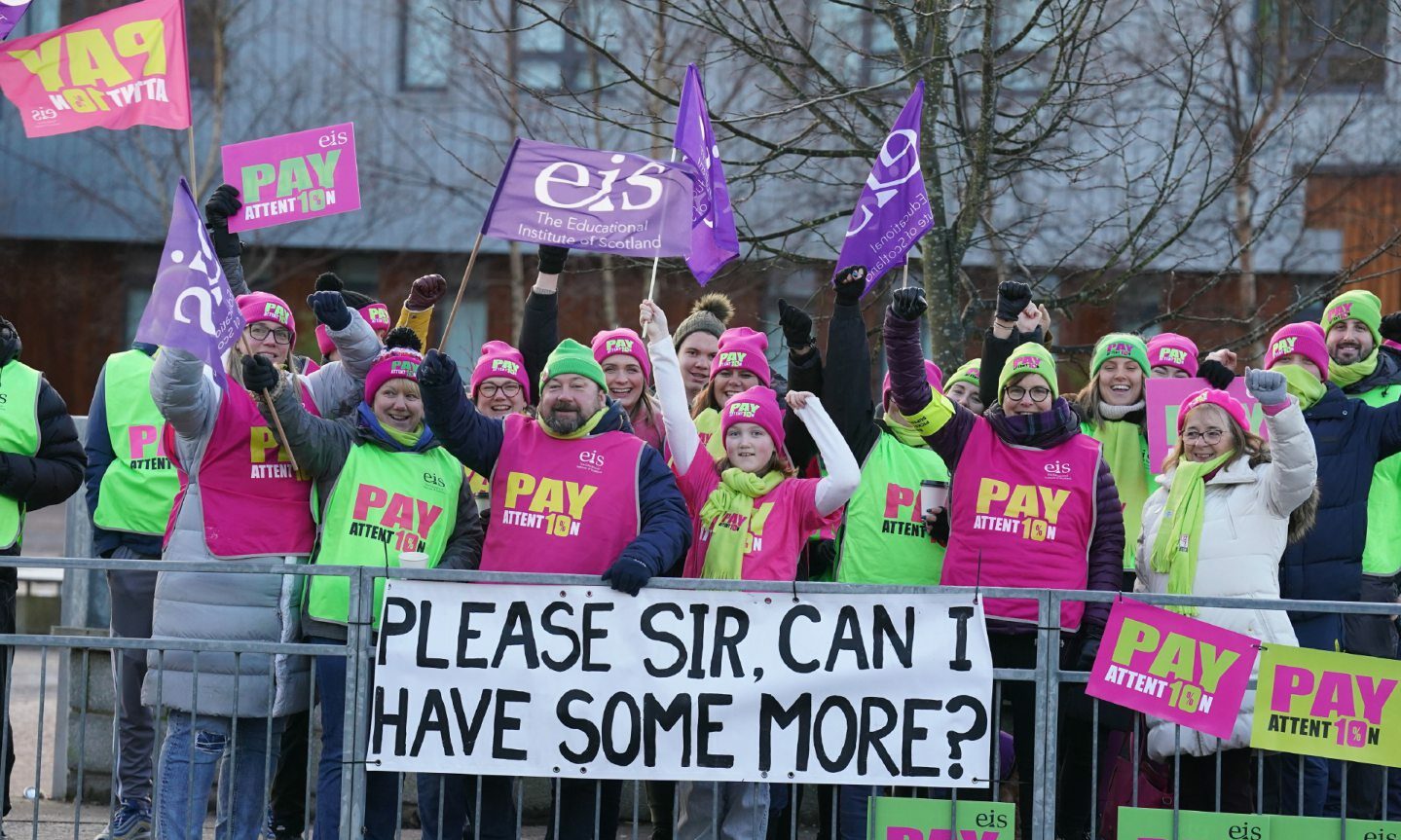
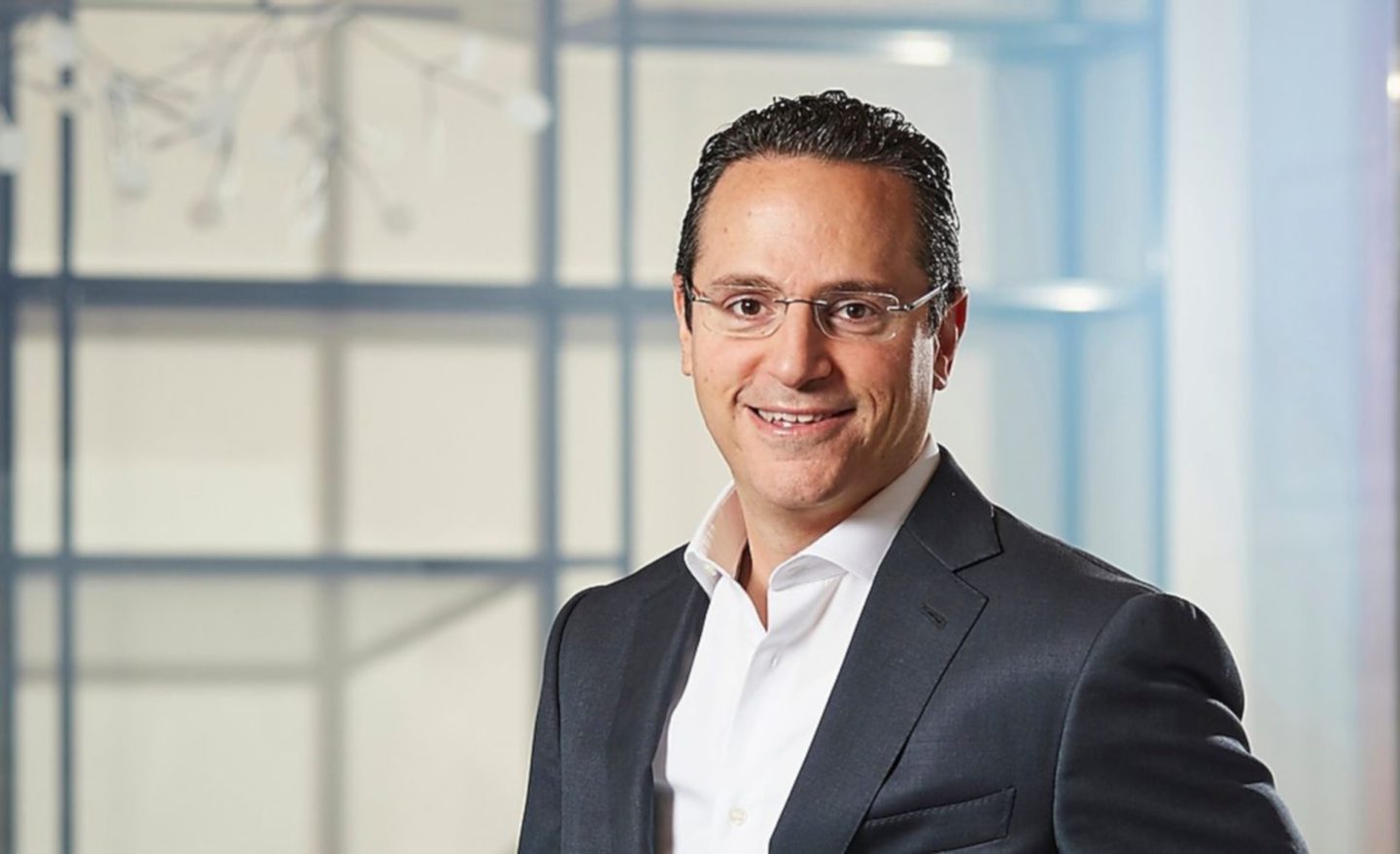
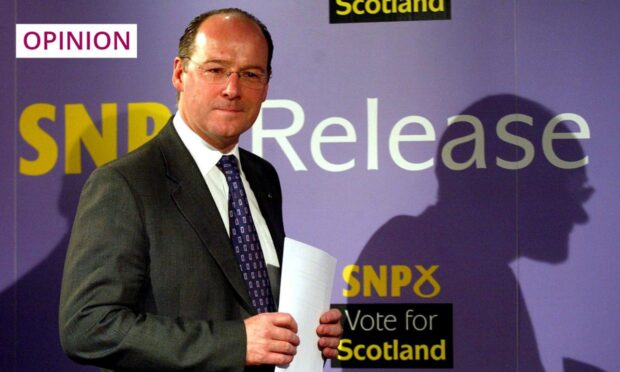
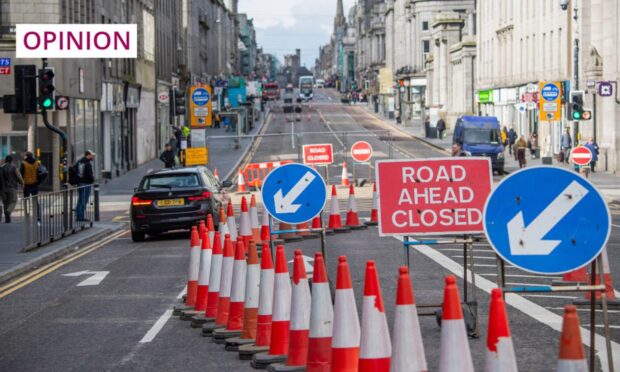
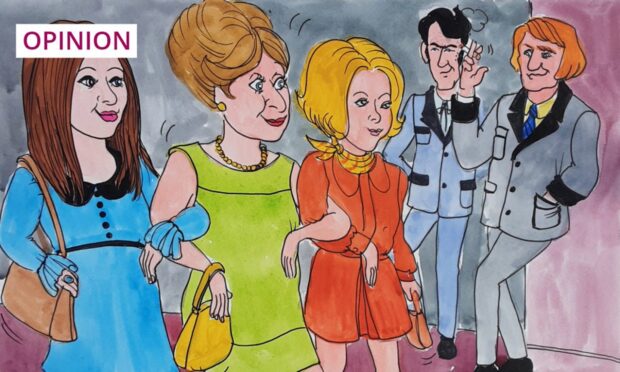
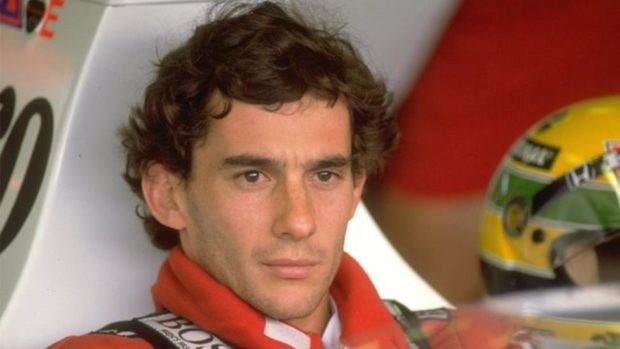
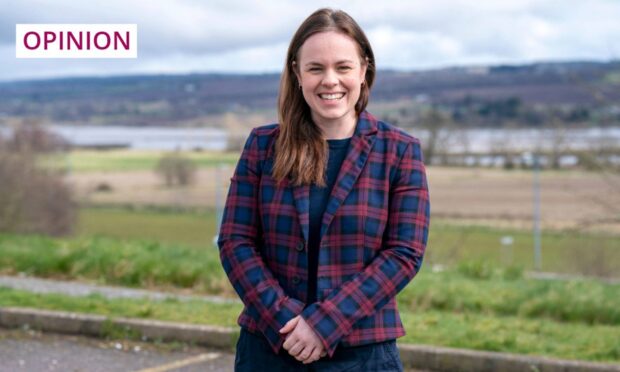
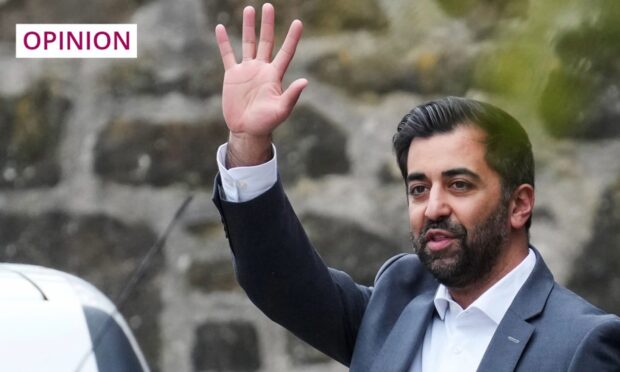
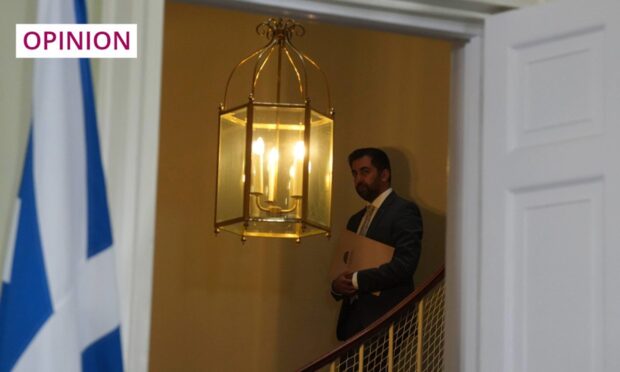



Conversation